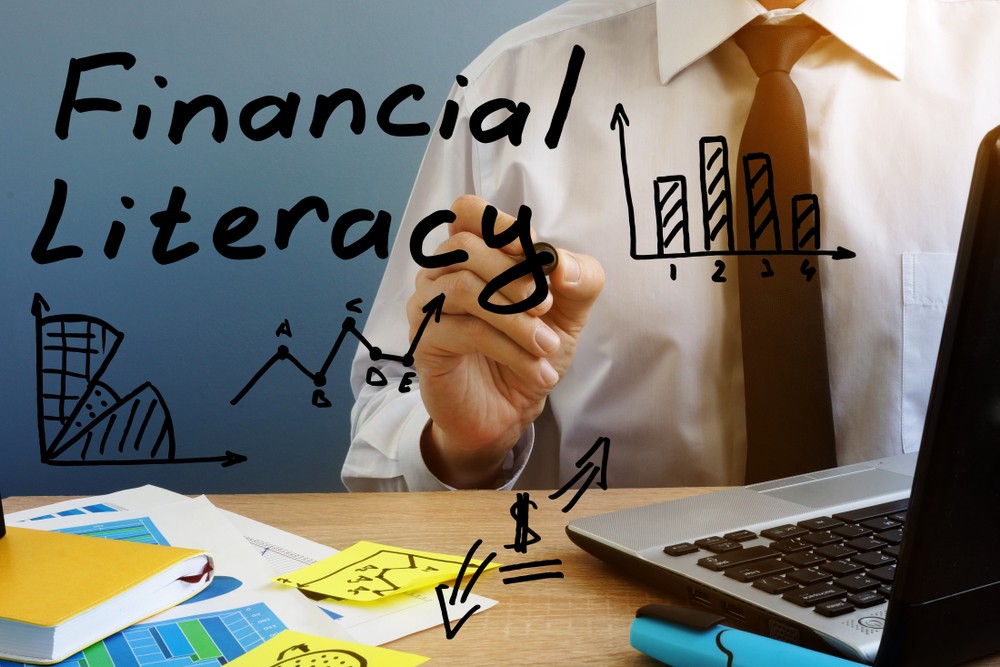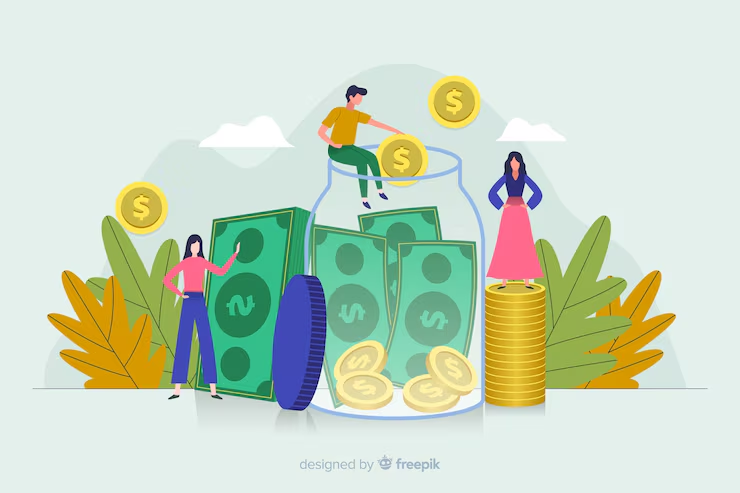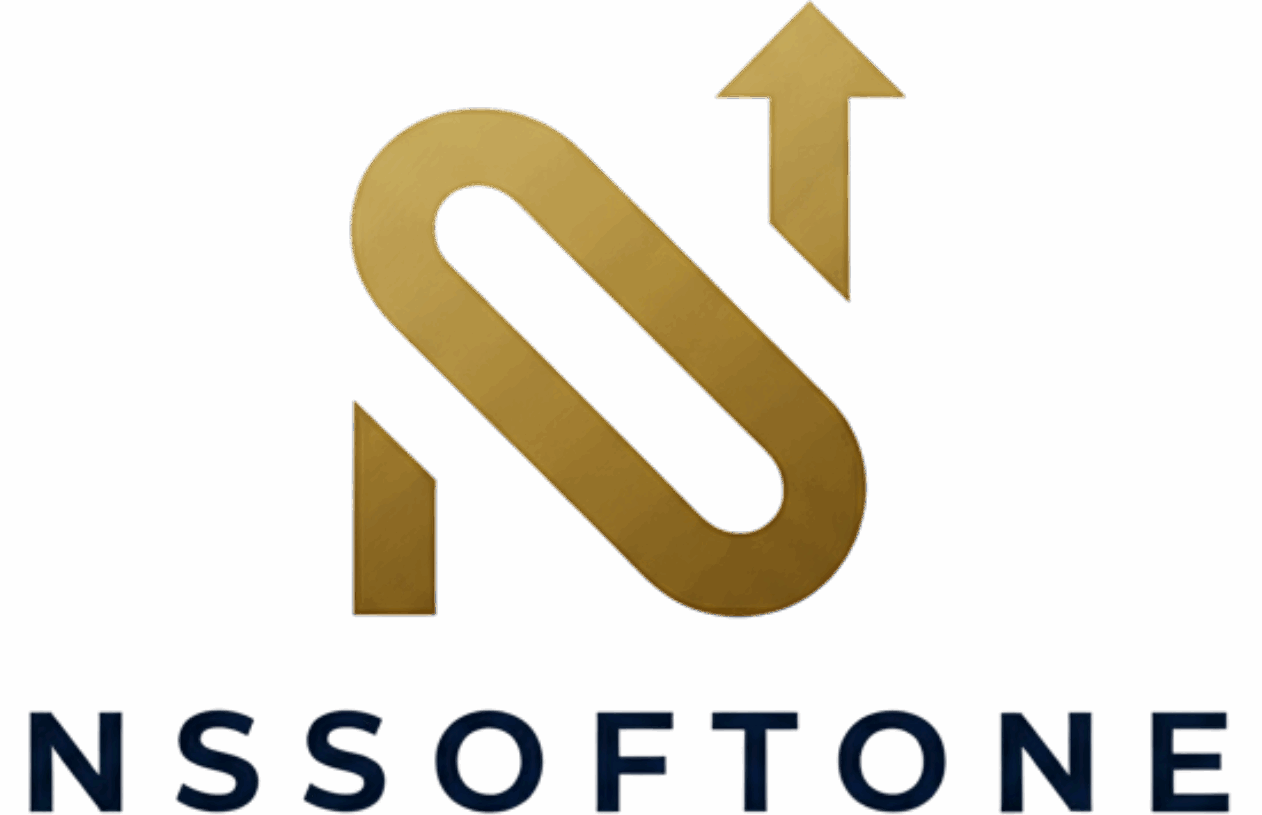In an increasingly complex global economy, the ability to navigate personal finance is no longer a niche skill but a fundamental life necessity. Financial literacy—the knowledge, skills, and confidence to make responsible financial decisions—serves as the bedrock for individual well-being, stability, and the potential for wealth creation. It is the unseen engine that drives successful budgeting, informed investing, and resilience against unexpected economic shocks. Without it, individuals risk falling into cycles of debt, missing out on wealth-building opportunities, and experiencing chronic financial stress.
What Exactly is Financial Literacy?
Financial literacy is more than just knowing the definition of a stock or bond. It is the practical application of financial knowledge to everyday life. While definitions can vary slightly, key components consistently emerge as the pillars of a financially sound individual. These often include:
- Budgeting and Spending: Creating a spending plan that aligns income with expenses, ensuring one lives within their means, and prioritizing needs over wants.
- Saving and Investing: Understanding the power of setting aside money for emergencies (emergency funds) and for long-term goals, including the concept of compound interest.
- Debt Management and Credit: Knowing how credit works, understanding interest rates (both earned and paid), managing existing debt responsibly, and maintaining a healthy credit score.
- Risk Management and Protection: Understanding insurance (health, life, property) and taking steps to protect assets and identity from fraud.
- Financial Planning: Setting clear, achievable financial goals, such as saving for retirement or a home down payment, and creating a roadmap to reach them.
When these components are mastered, an individual gains financial capability—the confidence and ability to act on their knowledge.
The Personal Power of Financial Knowledge
The most immediate and profound impact of financial literacy is felt at the individual level. It transforms the relationship people have with their money from one of reaction to one of proactive control.
1. Building Resilience Through Budgeting and Saving
A person with high financial literacy understands that an unplanned expense—a major car repair, a medical bill—should be a minor inconvenience, not a catastrophic event. This is because they prioritize dedicated savings, specifically an emergency fund equivalent to three to six months of living expenses. This financial cushion prevents small setbacks from escalating into high-interest debt traps. Furthermore, disciplined budgeting ensures that every dollar has a purpose, stopping the unconscious erosion of funds on non-essentials.
2. Navigating the Debt Landscape Responsibly
Debt is an inherent part of modern finance, from mortgages to student loans. Financial literacy is the tool that separates “good debt” (debt that helps build future wealth, like a reasonable mortgage or education loan) from “bad debt” (high-interest consumer debt). A literate consumer understands the fine print: the true cost of a loan, the impact of variable interest rates, and how quickly compounding interest can work against them on credit card balances. They prioritize paying down expensive debt first, leveraging their knowledge to minimize interest paid over the life of a loan.
3. Unleashing Wealth Through Investing
Perhaps the most exciting aspect of financial literacy is its role in wealth accumulation. Understanding basic investment concepts—risk tolerance, diversification, asset classes (stocks, bonds, real estate)—empowers individuals to move beyond simple savings accounts. Critically, it illuminates the power of time and compound growth. Starting to invest even small amounts early can lead to dramatically higher returns than starting large amounts later, a concept often lost on the financially uninformed. This knowledge democratizes wealth creation, making it accessible to those who actively seek to understand it.
Beyond the Individual: Societal and Economic Benefits
The advantages of financial literacy ripple outward, contributing to broader economic stability and reduced inequality.
- Informed Consumers: A financially literate population is less susceptible to predatory lending, scams, and financial fraud. They can critically evaluate complex financial products like insurance policies or retirement plans, leading to better market outcomes for providers who offer fair value.
- Economic Stability: Widespread financial capability encourages responsible borrowing and higher savings rates across a nation. This reduces household vulnerability during economic downturns and supports a more stable lending environment.
- Reduced Inequality: Financial illiteracy disproportionately affects vulnerable populations, trapping them in cycles of poverty. By promoting education, governments and organizations can level the playing field, giving everyone the tools to build security, thereby narrowing the wealth gap.
Bridging the Gaps: Making Financial Education Accessible
Despite its clear importance, studies consistently show that financial literacy levels remain low globally, especially among younger generations and economically disadvantaged groups. Addressing this requires a multi-faceted approach:
- Early Education: Integrating practical financial concepts into school curricula, making learning about money relevant and engaging from a young age.
- Accessible Resources: Utilizing digital platforms, apps, and clear, jargon-free content to provide ongoing education for adults. The transition to digital banking and new assets like cryptocurrencies demands continuous learning.
- Workplace Programs: Encouraging employers to offer financial wellness programs that cover topics relevant to employees’ current life stages—from student loan repayment strategies to 401(k) matching education.
Financial literacy is the bridge between earning an income and achieving financial freedom. It is an active pursuit, requiring curiosity and diligence. By investing time in understanding the mechanics of money—how to Earn, Spend, Save, Borrow, and Protect—individuals gain the ultimate form of self-reliance: the power to chart their own secure and prosperous future.




